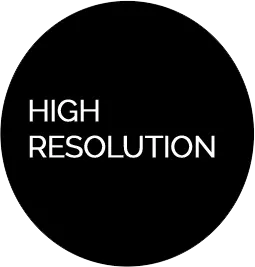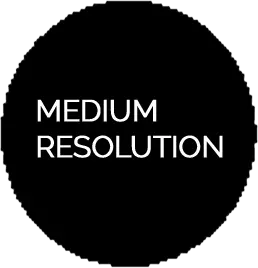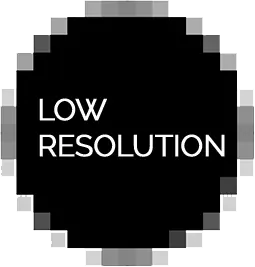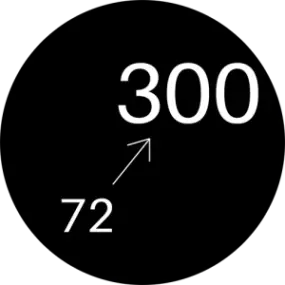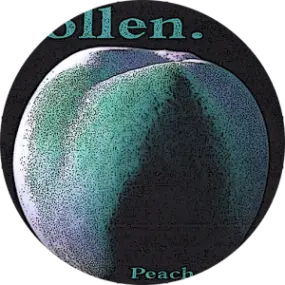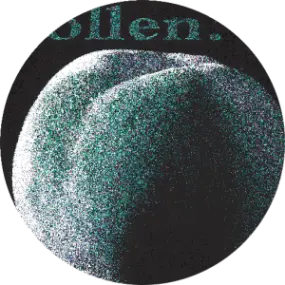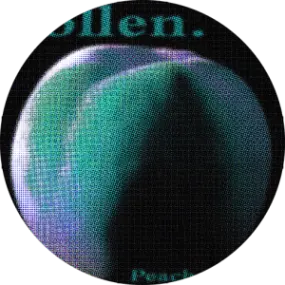
Crowd Reactions
- 50% Say – Rad, here’s the PMS number(s)!
- 50% Say – I’m sorry… umm Pan-what?
Pro Definition: The Pantone Color Matching System is largely a standardized color reproduction system; as of 2019 it has 2161 colors. By standardizing the colors, different manufacturers in different locations can all refer to the Pantone system to make sure colors match without direct contact with one another.
Breakin’ it down: Do you want your artwork to be a specific color? Rad – we can do that!
